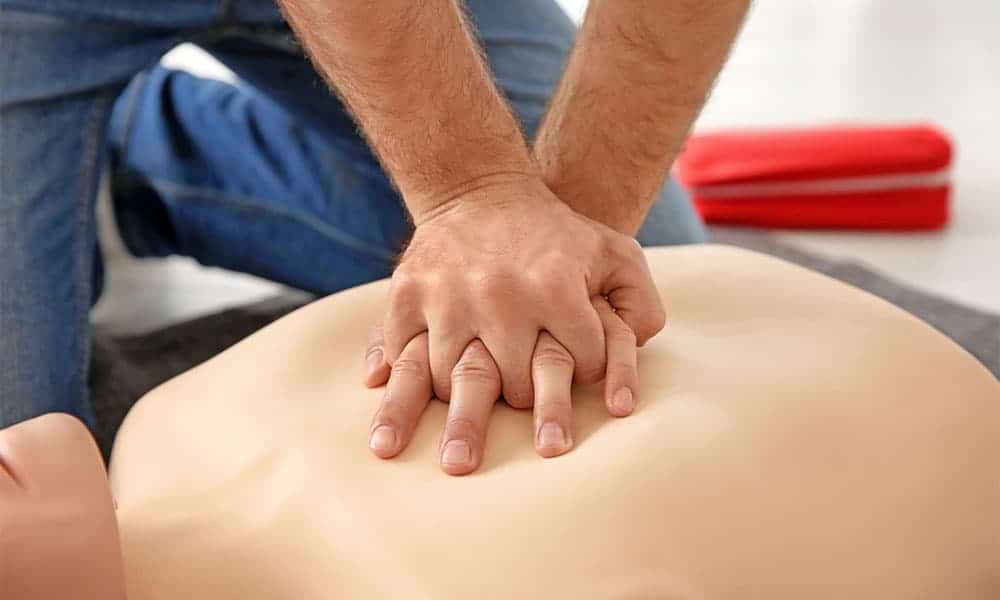This comprehensive certified course equips individuals with the necessary skills to excel in the field of caregiving, enabling them to pursue a professional career. It encompasses a range of competencies essential for providing exceptional care and support to infants, toddlers, children, the elderly, and individuals with special needs.
Participants will gain expertise in fostering social, intellectual, creative, and emotional development in care receivers, as well as promoting their physical well-being. Additionally, the course covers maintaining a safe environment, emergency response, and essential household tasks such as cleaning and meal preparation.
Professional Advantages:
Learn to function as caregiver assistants in hospitals, nursing homes, rehabilitation center, home healthcare agencies, schools, private residences and day-care agencies.
After completing this course, caregiver professionals will have employment opportunities to any part of the world. There is an increase demand for countries in Canada, Australia, New Zealand, UK, USA, and UAE, as an internationally recognized and qualified professional; it will be a better place to secure work in these prestigious Countries.
Duration:
3 Months (Once a Week)
Certificate Validity:
Life Time
Benefits
If you’re wondering what that could look like, here are a few benefits of becoming a Certified Caregiver Professional.
- Job Stability
- Growing Job Market
- Opportunity to Travel
- Emotionally Rewarding
- Affordability
- Opportunity to Specialize
Certification & Approvals
American Medical Certification Association (AMCA)
Delivery Mode
- Physical, At SaveFast Training Academy
- Online
Course Outline
- To learn and provide care for patients and residents with dignity having a past, present, and a future. Such persons are physical, social, psychological, and spiritual beings with basic needs and rights.
- To learn caregiving professionals’ roles, functions, and limitations described in federal and state laws with dependence on effective delegation and good work ethics.
- Learn the body structure and function, body mechanics, preventing infection, and safety and comfort measures form an essential knowledge base.
- To provide proper communication skills to enhance relationships with the nursing and health teams, patients, and residents, and families and visitors.
- Learn the key role of the caregiving professional in the caregiving process.
- To be knowledgeable in health care agencies, delegation, ethics and laws, work ethics, communications, and medical terminologies.
- To be knowledgeable in body structures and functions, growth, and development in human life span, safety, preventing falls, restraints, preventing and control of infection, isolation precautions.
- To be able to learn and provide oral hygiene, assisting in urinary needs, urinary catheter needs, bowel, and elimination needs, fluid needs, vital signs taking, assist in exercise and activities of daily, promoting comfort/rest/sleep, collection of specimens, and assist in heat and cold applications.
- To be able to learn and provide proper care for persons or residents with hearing/vision/speech problems, cardiovascular / respiratory / lymphatic disorders, mental health disorders, intellectual and developmental disabilities, and caring for mothers and babies.
- To be able to learn and work in assisted living facilities.
- To learn and be able to provide emergency care and first aid.
Course Objective
At the end of the course the trainees should be able to:
- Gain knowledge and skills in providing quality and professional care to Infants, Toddlers, Children, Elderly
- People and People with Special Needs in accordance to the Caregiving NC II industry standards.
- Understand and manage the basic care to the different Chronic Diseases that a care-recipient would need.
- Be fully recognized and certified as a professional Caregiver.

Enter the text or HTML code here








